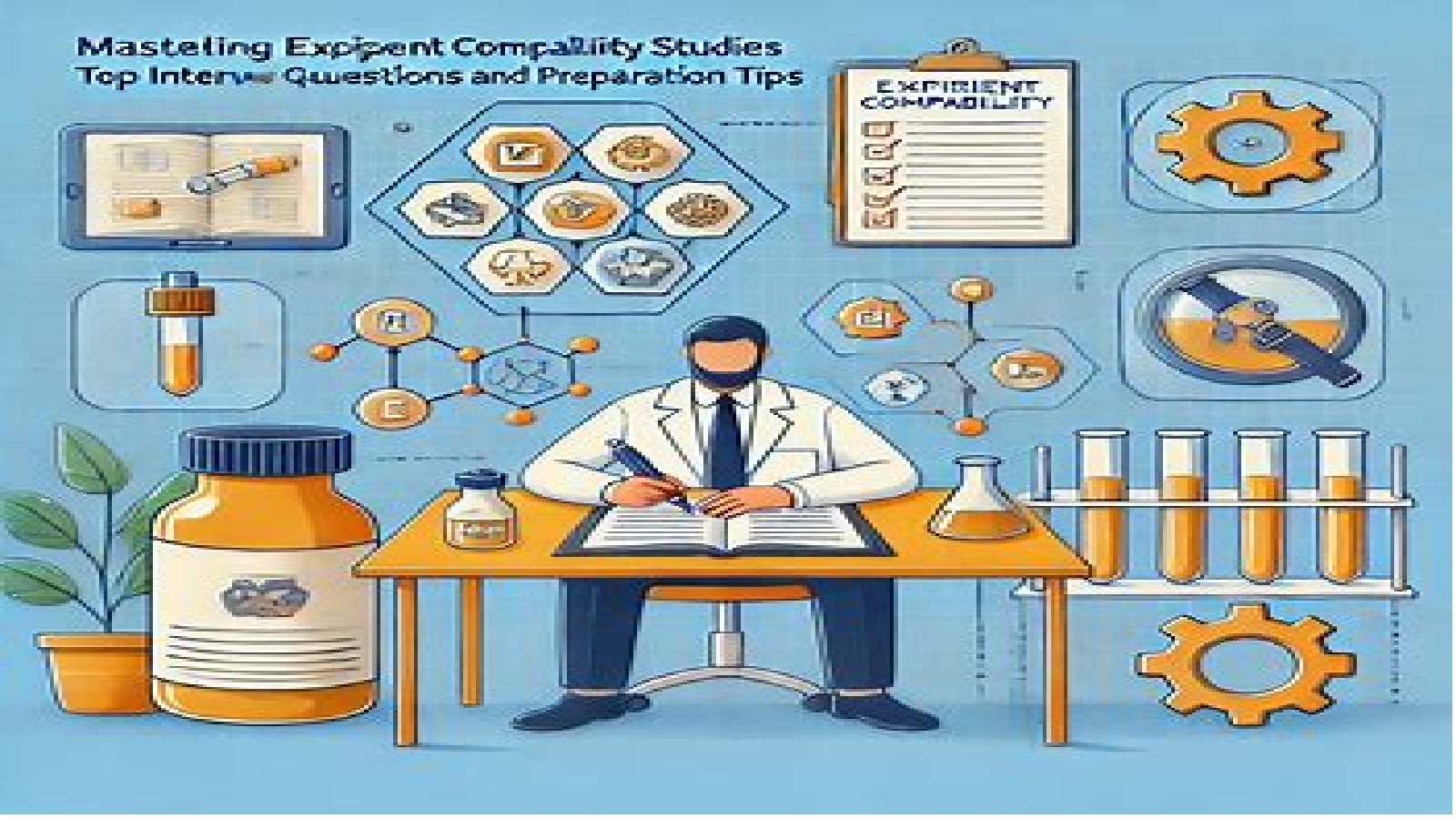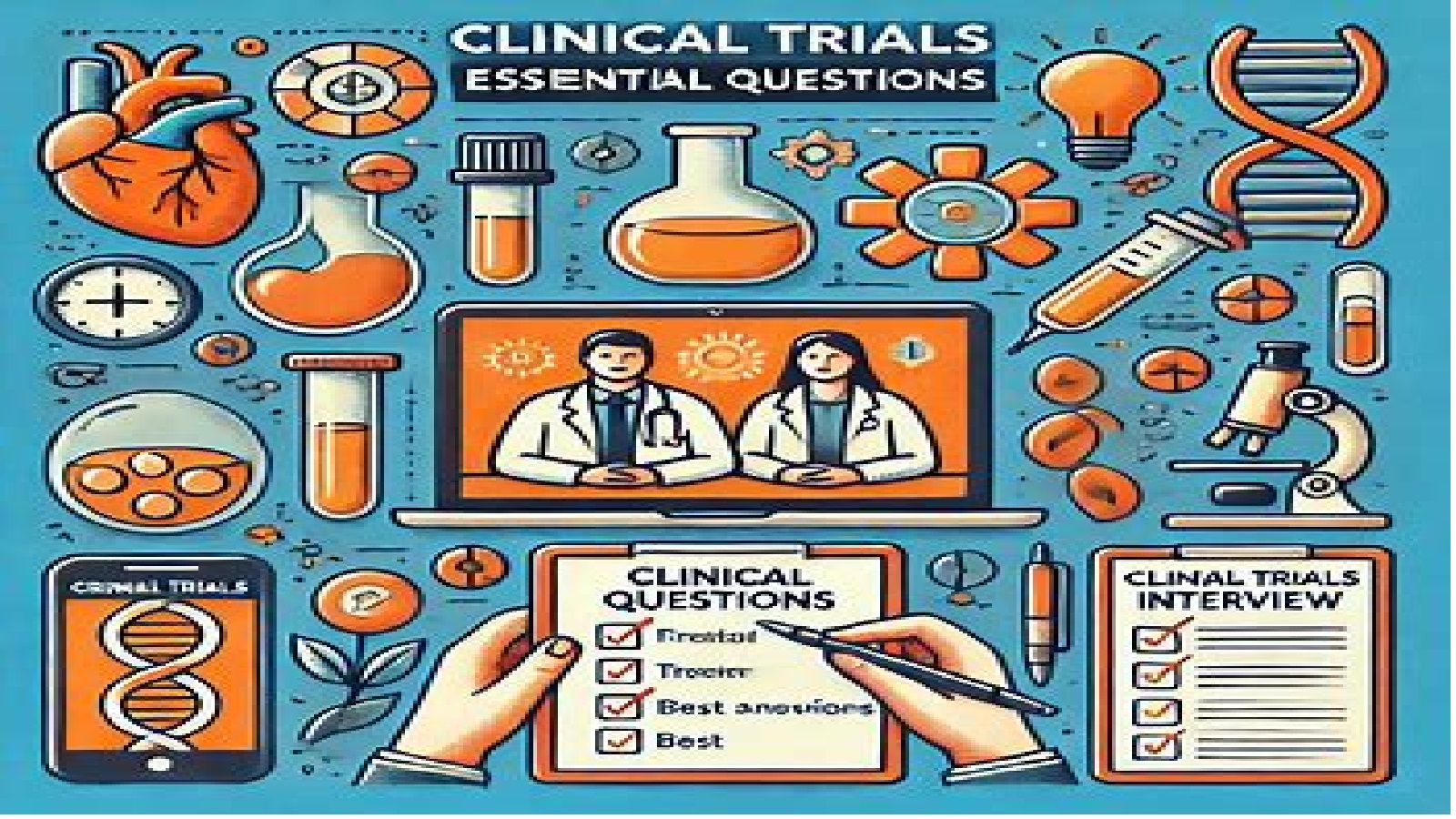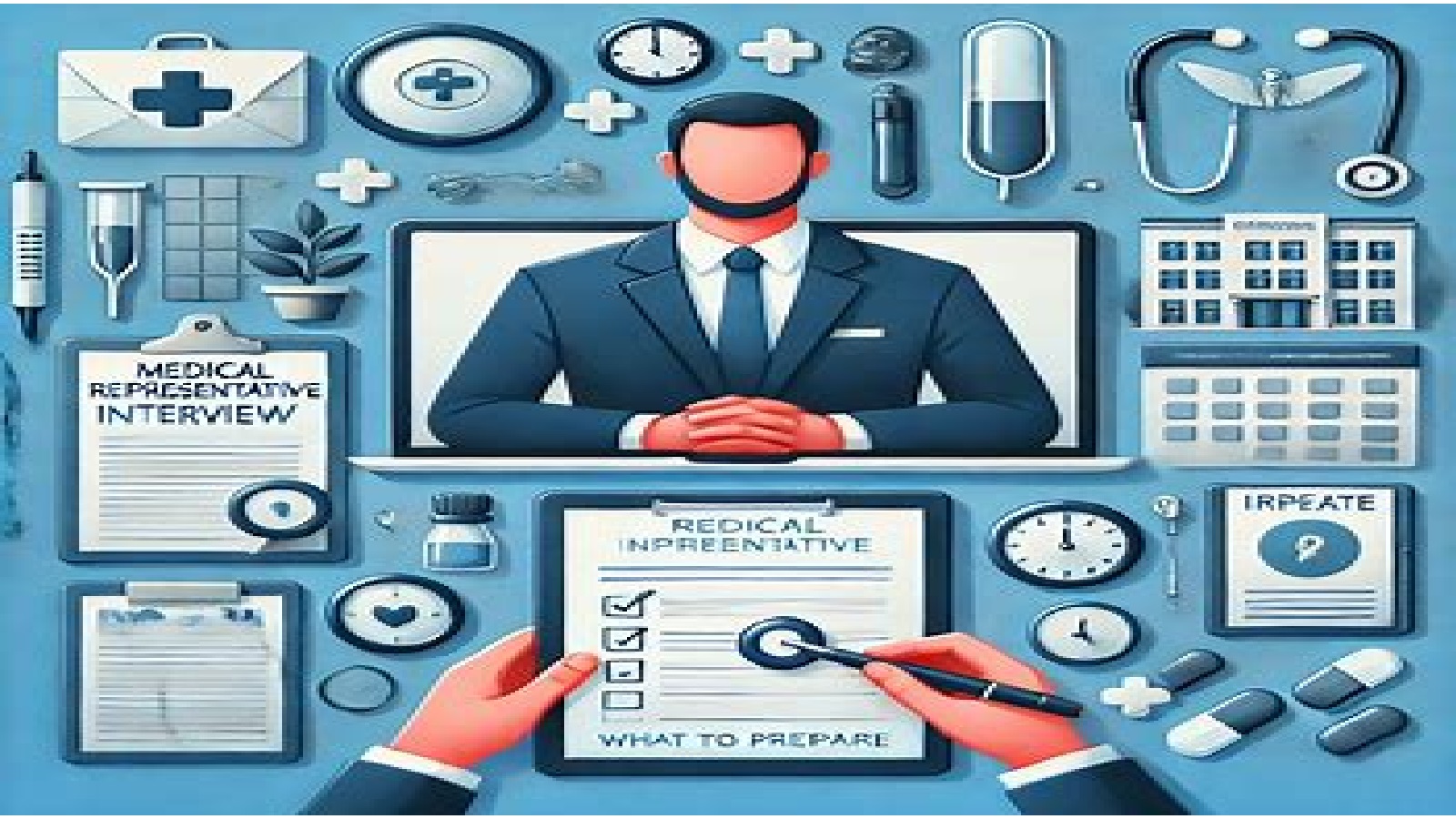How to Excel in Fresher-Level Pharmaceutical R&D Interviews
Breaking into the world of pharmaceutical research and development (R&D) as a fresher is both exciting and competitive. As you prepare for your interview, it’s essential to showcase your passion for science and your readiness to contribute to the field. This guide offers insights and tips to help you prepare effectively for your pharmaceutical R&D interview and stand out from the competition.
Understanding the Pharmaceutical R&D Landscape
Before diving into the interview preparation, it’s important to understand the core of pharmaceutical R&D. This industry is centered around innovation, scientific discovery, and the development of new therapies to improve health. As a newcomer, you must express not only your interest in scientific advancements but also your potential to contribute meaningfully to the industry.
Research the Company You’re Interviewing With
Begin your preparation by thoroughly researching the company. Understand their mission, values, recent innovations, and position within the pharmaceutical industry. This information will allow you to align your responses with their goals and demonstrate that you’re genuinely interested in the organization.
Grasp the Basics of Drug Development
While you don’t need to be an expert at this stage, a basic understanding of the drug development process is essential. Familiarize yourself with the key stages: discovery, pre-clinical testing, clinical trials, and regulatory approval. This foundational knowledge will show your commitment to learning and your awareness of how drugs are brought to market.
Highlighting Your Educational Background in R&D Interviews
As a fresher, your academic background is your strongest asset. The interview is an opportunity to demonstrate how your education has prepared you for a role in pharmaceutical R&D.
Focus on Relevant Courses and Projects
Emphasize the courses or subjects that align closely with pharmaceutical R&D, such as biochemistry, pharmacology, or molecular biology. If you’ve worked on any research projects, lab work, or case studies related to drug development, mention them to show how your academic experience applies directly to the role.
Showcase Problem-Solving Abilities
Pharmaceutical R&D often involves solving complex scientific problems. Share examples from your academic journey where you identified issues and developed creative solutions. Employers are looking for candidates who can think critically and approach challenges with innovative solutions.
Demonstrating Your Skills and Abilities
Pharmaceutical R&D requires a combination of both technical and soft skills. Be prepared to showcase these strengths during your interview.
Key Technical Skills
- Laboratory Techniques: If you have hands-on experience with laboratory instruments or techniques (such as PCR, ELISA, cell culture), make sure to mention them.
- Data Analysis: Highlight your ability to analyze scientific data and your proficiency with software tools that assist in research.
- Regulatory Knowledge: Familiarize yourself with guidelines and standards such as Good Laboratory Practices (GLP) and Good Clinical Practices (GCP).
Essential Soft Skills
- Communication: Effective communication is crucial in a collaborative research environment. Be prepared to demonstrate how you can clearly explain complex scientific concepts.
- Teamwork: R&D often involves working in teams, so emphasize any experience you have working in groups or on interdisciplinary projects.
- Adaptability: The ability to adapt to new techniques, technologies, or unexpected challenges is highly valued in R&D settings. Share examples where you’ve successfully navigated such situations.
Preparing for Common Interview Questions
Expect a combination of behavioral and technical questions. Being well-prepared for both types will help you handle the interview with confidence.
Behavioral Questions
These questions assess your compatibility with the company’s culture and values. Use the STAR method (Situation, Task, Action, Result) to structure your responses. Be ready to discuss how you’ve handled challenges or worked in teams in your academic or extracurricular activities.
Technical Questions
Review your coursework and textbooks to refresh your knowledge of key concepts in drug development and related fields. You may be asked to explain certain processes or solve hypothetical problems. Brush up on basic pharmacology, molecular biology, and analytical techniques.
Mock Interviews and Constructive Feedback
Practice is a key element of interview preparation. Participate in mock interviews with professors, mentors, or peers to refine your communication skills and receive valuable feedback. Simulating the interview process will help you feel more comfortable and confident.
Final Thoughts
Preparing for a pharmaceutical R&D interview at the fresher level can be daunting, but with the right approach, you can excel. Stay informed about industry trends, continue expanding your scientific knowledge, and embrace challenges with enthusiasm. By thoroughly preparing and demonstrating your passion for scientific discovery, you’ll be well on your way to a successful career in pharmaceutical R&D.
Frequently Asked Questions (FAQs)
1. What exactly is pharmaceutical R&D?
Pharmaceutical R&D refers to the process of discovering, developing, and testing new drugs and therapies. It involves multiple stages including discovery, pre-clinical research, clinical trials, and regulatory approval.
2. How can I prepare for a pharmaceutical R&D interview as a fresher?
To prepare effectively, research the company, understand drug development basics, highlight relevant coursework and problem-solving experiences, showcase technical and soft skills, and practice behavioral and technical interview questions.
3. What should I know about the company I’m interviewing with?
Learn about the company’s mission, values, recent projects, and their standing in the pharmaceutical industry. This will help you tailor your answers and show that you’re genuinely interested.
4. What are the key stages in drug development?
Key stages in drug development include discovery, pre-clinical testing, clinical trials, and regulatory approval. Understanding these stages shows your familiarity with the industry process.
5. How should I emphasize my academic background in an interview?
Discuss relevant courses, projects, and research papers you’ve worked on. Share examples of how your academic experience has equipped you with critical thinking and problem-solving skills.
6. What technical skills are important for pharmaceutical R&D?
Technical skills may include laboratory techniques (e.g., PCR, ELISA), data analysis, and knowledge of regulatory standards like GLP and GCP.
7. What soft skills are valued in R&D roles?
Communication, teamwork, and adaptability are highly valued. Be ready to provide examples where you’ve demonstrated these skills in academic or collaborative settings.
8. How can I prepare for behavioral questions?
Use the STAR method to structure your responses. Reflect on past experiences where you’ve demonstrated key behaviors like teamwork, leadership, and problem-solving.
9. How should I prepare for technical questions?
Review your academic materials and practice explaining key concepts clearly. Be ready to discuss your understanding of technical topics related to your field of study.
10. Are mock interviews helpful for preparation?
Yes, mock interviews are an excellent way to gain practice and receive constructive feedback to improve your interview performance.
11. How can I stay updated on pharmaceutical R&D trends?
Follow industry publications, attend conferences, and participate in webinars. Engage with professional communities to stay informed.
12. What’s the key to success in a pharmaceutical R&D interview?
Success is rooted in thorough preparation, a passion for scientific discovery, and a commitment to continuous learning. These qualities will help you stand out in interviews and contribute to a successful career in pharmaceutical R&D.
For additional articles, click here.
Follow us on LinkedIn for pharmaceutical job updates.
For editable SOPs in Word format, contact us at info@india-clicks.com.
Dr. Gite, a Ph.D. graduate from the Elite Institute of Chemical Technology, Mumbai, and a Master’s in Pharmaceutics from UDCT, Aurangabad, is a renowned pharmaceutical scientist. With expertise in oral protein and peptide drug delivery, nanotechnology, NDDS, and complex injectables, Dr. Gite has a proven track record in advancing innovative drug delivery systems.
Specializing in biosimilars, biologics, and ocular drug delivery, Dr. Gite is also well-versed in DoE, QbD, regulatory affairs, and technology transfer. Driven by a passion for innovation, Dr. Gite is dedicated to shaping the future of pharmaceutical research and healthcare.





